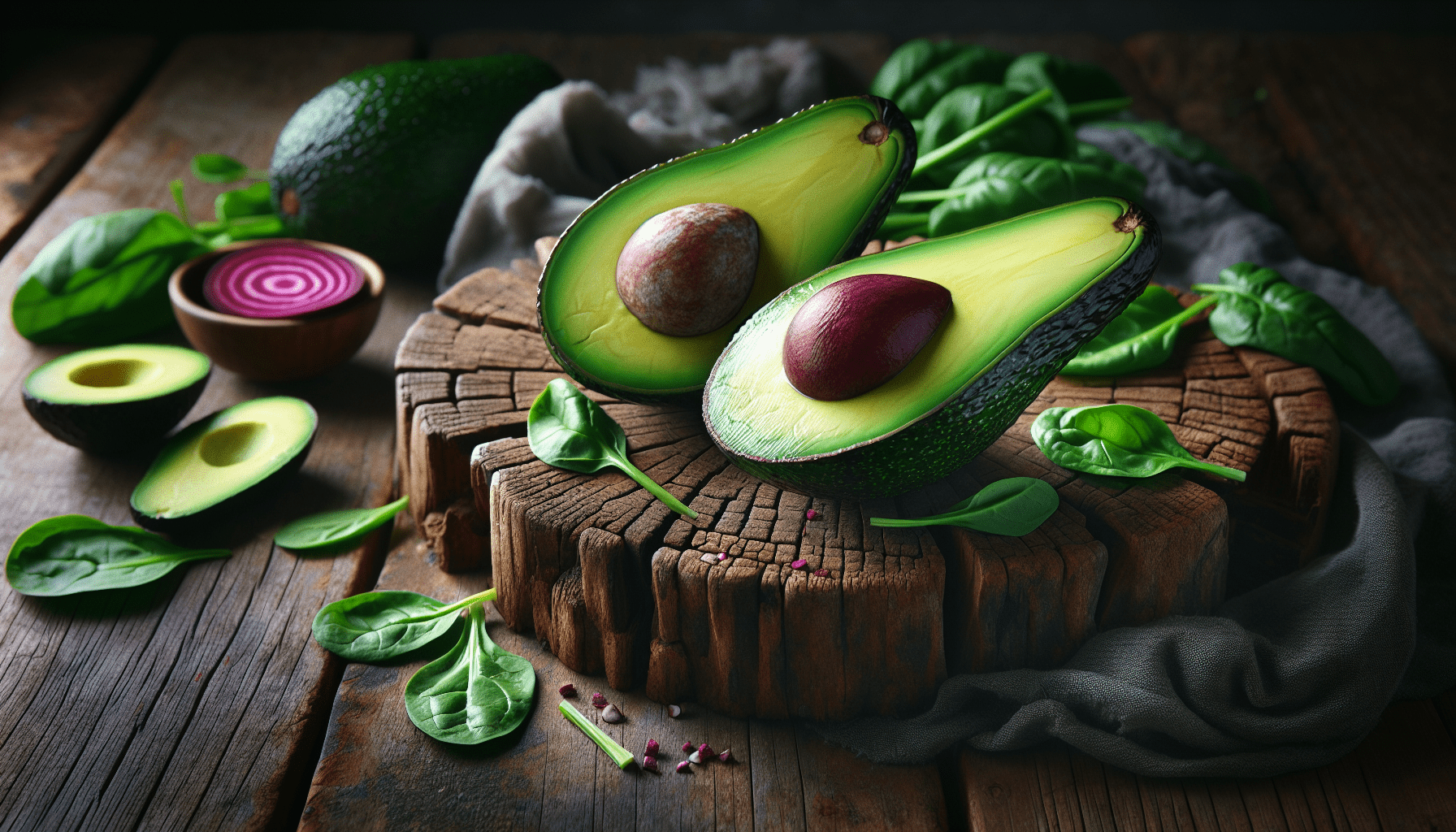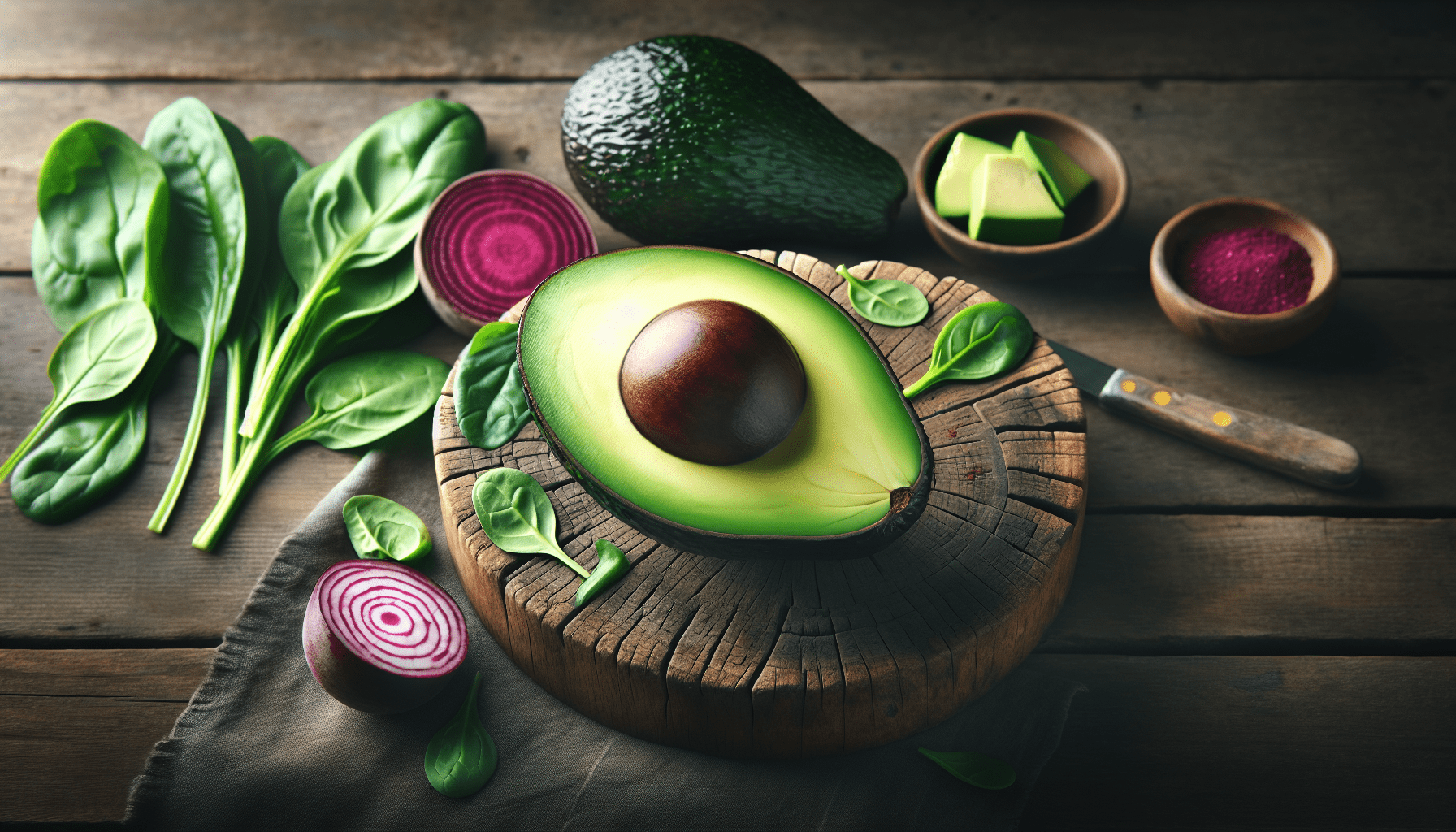Have you ever wondered whether the delicious avocado you’re enjoying is actually a friend or foe for your health?
Understanding Oxalates
To make sense of the discussion surrounding oxalates, let’s first unpack what they are. Oxalates, or oxalic acid, are naturally occurring substances found in a variety of foods you may consume daily. They are simple organic compounds that contribute to certain plants’ natural defenses, and they can bind with minerals like calcium in your body. This binding can occasionally lead to the formation of kidney stones, which many people want to avoid.
But just how much do you need to worry about oxalates in your diet, especially in avocados? Let’s dig a bit deeper.
Where Do We Find Oxalates?
Oxalates are found in a range of foods, both healthy and not-so-healthy. Here’s a quick look at some common sources:
| Food Group | Examples |
|---|---|
| Vegetables | Spinach, beets, rhubarb |
| Fruits | Starfruit, kiwifruit |
| Nuts and Seeds | Almonds, peanuts |
| Grains | Buckwheat, quinoa |
| Legumes | Soybeans, lentils |
Avocados, while they contain oxalates, are significantly lower in oxalate content compared to the foods listed above. This makes avocados an appealing choice for your diet, especially if you’re navigating a concern about oxalates.
Avocados: A Nutritional Powerhouse
Avocados are often dubbed a superfood, and for good reason! They are rich in healthy fats, vitamins, and minerals. Let’s break down what makes them so nutritionally valuable:
Healthy Fats
One of the most remarkable aspects of avocados is their high monounsaturated fat content, primarily oleic acid. This healthy fat has been shown to reduce inflammation and potentially lower the risk of heart disease. So, while you may be concerned about oxalates, you’re also packing in some heart-healthy goodness each time you enjoy an avocado.
Vitamins and Minerals
Avocados are also a treasure trove of essential nutrients. They contain:
- Vitamin K: Critical for blood clotting and bone health.
- Vitamin E: A powerful antioxidant that promotes skin health.
- Vitamin C: Important for your immune system and skin.
Fiber
Let’s not forget about fiber! Avocados are high in fiber, which supports digestive health and can help keep you feeling full longer. A diet rich in fiber is also linked to a lower risk of chronic diseases.

The Oxalate Content of Avocados
Now, back to the pressing question: Just how much oxalate is in an avocado? While there are variations depending on the variety and ripeness of the fruit, avocados are generally seen as a low-oxalate food.
Oxalate Levels
- Avocados: Approximately 20-40 mg of oxalates per 100 grams.
- Compared to other sources: Spinach can contain upwards of 700 mg of oxalates per 100 grams.
This comparison illustrates that avocados have much lower oxalate levels than many other foods, easing concerns for most people consuming them in moderation.
Should You Be Concerned?
If you’re focused on a balanced diet and not consuming excessive amounts of high-oxalate foods, moderate avocado consumption should pose little risk—even if you’re sensitive to oxalates. However, certain individuals may want to approach avocado consumption with caution.
Who Needs to Be Cautious?
- Individuals with Kidney Stones: If you’ve had calcium oxalate stones in the past, it may be wise to monitor your oxalate intake.
- Those with Oxalate Sensitivity: Some individuals experience sensitivity to oxalates, which may dictate a need for caution with their intake.
- Certain Medical Conditions: If you have specific medical conditions that impact your gut health or nutrient absorption, it’s essential to consult with a healthcare professional about what’s safe for you.

Tips for Managing Oxalate Intake
If you are looking to manage your oxalate levels while still enjoying avocados, here are some practical tips:
Balance Your Diet
Consider incorporating a variety of foods into your meals. By balancing high-oxalate foods with low-oxalate ones, you can keep your overall intake in check. Remember, variety is not only the spice of life, but it’s also the key to a healthful diet.
Stay Hydrated
Hydration is immensely important for overall health and can help prevent the formation of kidney stones. Drinking adequate water throughout the day can support your body in processing oxalates.
Cooking Methods
Some cooking methods can help reduce the oxalate content in foods. For example, boiling certain vegetables can leach out oxalates into the cooking water. While you generally eat avocados raw, it’s worth noting for other high-oxalate foods you may consume.
The Bottom Line
You don’t need to avoid avocados completely, even if you’re keeping an eye on oxalates. Understanding how avocados play into your overall dietary pattern can ease concerns. Remember that they are a delightful and nutritious choice that brings several health benefits.
Enjoying Avocados Responsibly
If you already enjoy avocados, feel free to continue! They can fit beautifully into your meals, whether in salads, spreads, or even desserts. Just keep in mind that moderation is key. A couple of avocados a week shouldn’t negatively impact your health.
Embracing a Holistic Approach
At the end of the day, health isn’t just about one food item or nutrient. It’s about the overall pattern of the choices you make. Consider this as part of a broader conversation about your eating habits, mindset, and lifestyle.
Consult Health Professionals
If you’re truly concerned about oxalate consumption or experience health issues that need addressing, don’t hesitate to reach out to a healthcare professional or dietitian. Their expertise can guide you in making the best choices for your health needs.
Closing Thoughts
Ultimately, avocados carry their set of benefits that outweigh the mild concern about their oxalate levels for most people. So, go on and enjoy that avocado toast or guacamole guilt-free! Like many aspects of health, this conversation is nuanced. What’s most important is how you feel and how your body responds to your dietary choices. Keep making informed decisions, and you’ll be on your way to a wholesome, balanced diet.

